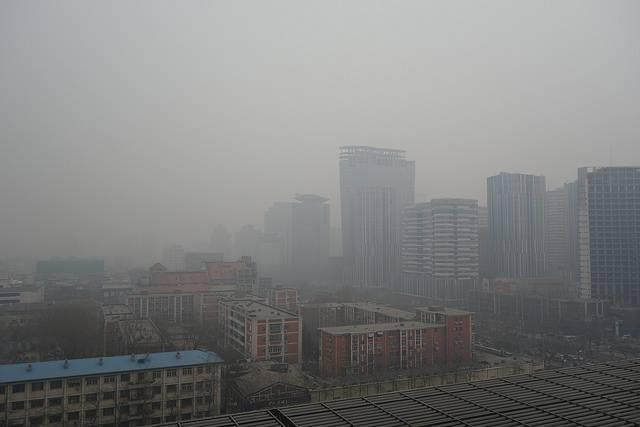
International trade has doubtlessly created wealth in developed and developing countries alike. But the growth of manufacturing and outsourcing throughout emerging economies has also exacted huge environmental and social costs.
A recent study published in the journal Nature suggests that as much as 22 percent of the world’s early deaths attributed to air pollution – notably those linked to fine particulate matter (PM2.5) – can be traced to pollutants emitted while making products destined for a foreign market. In addition, the study claimed 12 percent of such deaths were due to emissions released in a region of the world other than where such fatalities occurred.
The study bolsters the argument that the world’s wealthiest countries should be the ones paying the tab necessary to mitigate climate change risks this century – as developing countries such India and China are merely producing the goods and services enjoyed in North American and European markets.
The study combined four models that estimated the impact of PM2.5 emissions due to both the production of goods and their transport across borders and oceans. In evaluating data available from 2007, the study found that items manufactured in China that year resulted in pollution that caused the deaths of 64,800 deaths outside the country; at the same time, the consumption of Chinese-made goods in the U.S. and Western Europe could be linked to over 108,000 deaths within the country.
Some companies say they are already partnering with their suppliers so that they can become more environmentally responsible, and such work includes the reduction of emissions made by their products in overseas factories before they are sold in developed countries.
Apple, Adidas, and Marks and Spencer are among the companies mentioned as making progress in the 2015 Corporate Information Transparency Index (CITI), which evaluated 167 global brands on how their supply chains’ performance added up. Several years earlier, the World Resources Institute highlighted the work of Walmart and General Electric completed on challenges such as fleet efficiency and reductions in packaging waste.
Then there is the challenge of shipping, which presents its share of pollutants due to the dirtier fuel that freighters use when transporting goods from developed to developing countries. The Danish logistics giant Maersk, for example, claims that it is striving to reduce its emissions per container 60 percent from 2007 baseline levels by 2020. UPS, another company that is integral to many companies’ supply chains, has invested in cleaner-burning delivery trucks, supported forestry programs and has recently invested in solar on some of its U.S. facilities. The company also set an ambitious goal to drive 1 billion miles this year on alternative or advanced technology vehicles by the end of this year.
Nevertheless, the global business community could do more to reduce international trade’s impact on people and the environment. Some analysts have suggested that the global apparel industry is responsible for 10 percent of the world’s emissions, second only to the hydrocarbons sector. The global food industry is yet another example of how heavy lifting is needed to clean up global trade. In addition to the impact on the world’s water supplies, the boom in food exports has contributed its share of emissions – especially due to the growing popularity of palm oil.
Image credit: Kentaro Iemoto/Flickr

Leon Kaye has written for 3p since 2010 and become executive editor in 2018. His previous work includes writing for the Guardian as well as other online and print publications. In addition, he's worked in sales executive roles within technology and financial research companies, as well as for a public relations firm, for which he consulted with one of the globe’s leading sustainability initiatives. Currently living in Central California, he’s traveled to 70-plus countries and has lived and worked in South Korea, the United Arab Emirates and Uruguay.
Leon’s an alum of Fresno State, the University of Maryland, Baltimore County and the University of Southern California's Marshall Business School. He enjoys traveling abroad as well as exploring California’s Central Coast and the Sierra Nevadas.














